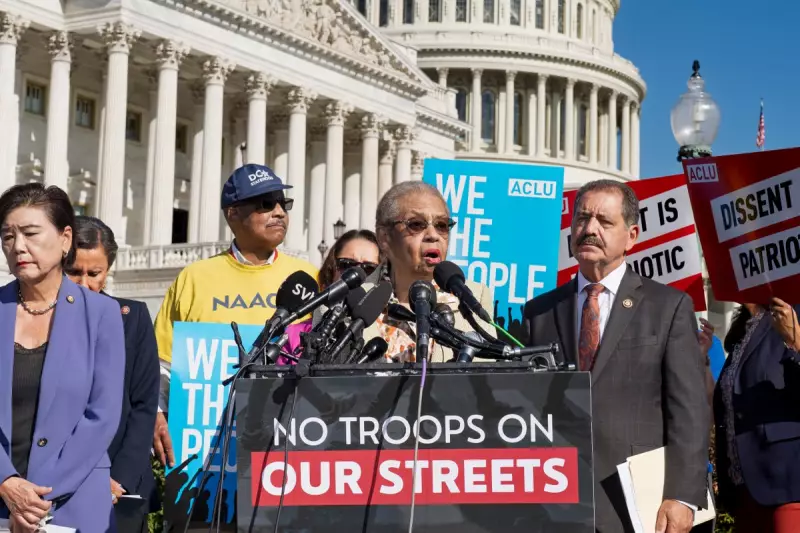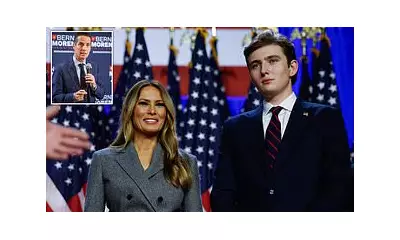
In a remark that has ignited a firestorm of controversy and accusations of ageism, veteran Washington DC Delegate Eleanor Holmes Norton has suggested that elderly voters are not fully 'cognisant' of their political choices.
The senior Democratic congresswoman made the contentious statement during a House Oversight Committee hearing, arguing against a Republican-backed bill that would prohibit ballot collection. Her comments have drawn immediate and fierce condemnation from across the political spectrum and advocacy groups.
A Heated Exchange on Voting Rights
The incident unfolded during a debate on the 'American Confidence in Elections Act'. Norton, 86, was challenging the bill's provisions when she asserted, 'I don't know who they're voting for, and they may not be cognisant.'
She elaborated, suggesting that elderly individuals might simply be handing over their ballots to whoever assists them, without a full understanding of their vote's destination. This justification, however, did little to quell the uproar that followed.
Immediate Backlash and Accusations of Hypocrisy
Critics were swift to condemn the congresswoman's words. Many pointed out the profound irony of an octogenarian lawmaker herself making such a sweeping generalization about the cognitive abilities of her own demographic.
Social media platforms erupted with outrage, with users labelling the comments as 'disgusting', 'elitist', and 'deeply offensive'. The backlash underscores the sensitive and often fraught nature of discussions surrounding age and mental acuity in modern political discourse, particularly in a nation with an ageing electorate.
Broader Implications for the Democratic Party
This gaffe places the Democratic Party in an uncomfortable position. The party has long positioned itself as a defender of marginalised groups and has consistently criticised Republican efforts it views as voter suppression.
Norton's remarks risk being seized upon by opponents as evidence of hypocrisy, potentially undermining the party's moral authority on voting rights issues. It also raises uncomfortable questions about internal party attitudes towards its own large base of older supporters.
The incident serves as a stark reminder of the potent political dangers inherent in debates over election integrity and voter competence, suggesting that this controversy is unlikely to subside quickly.





